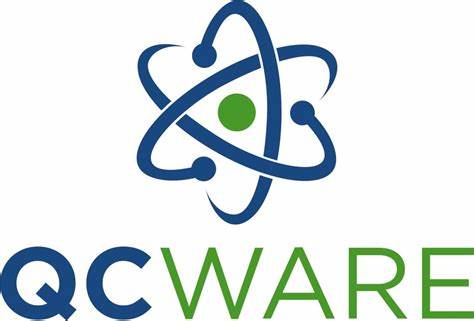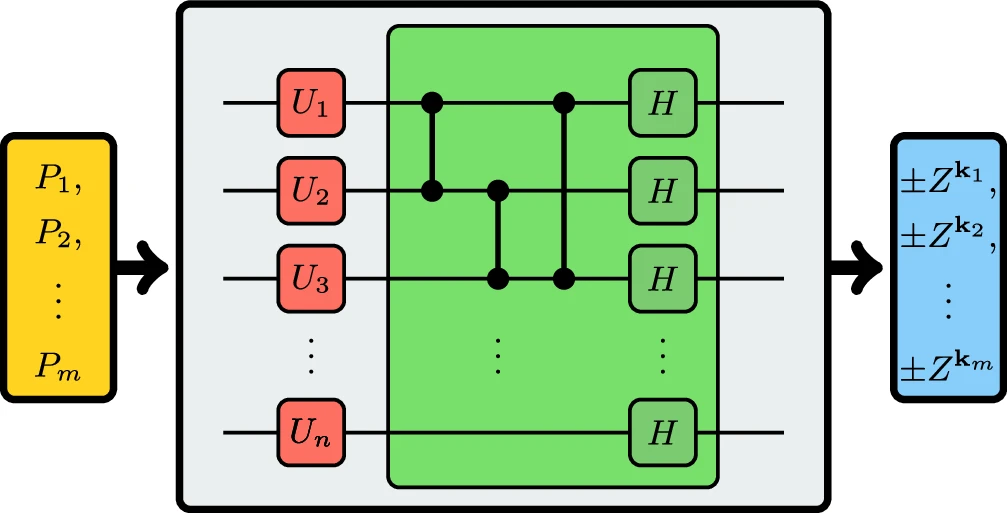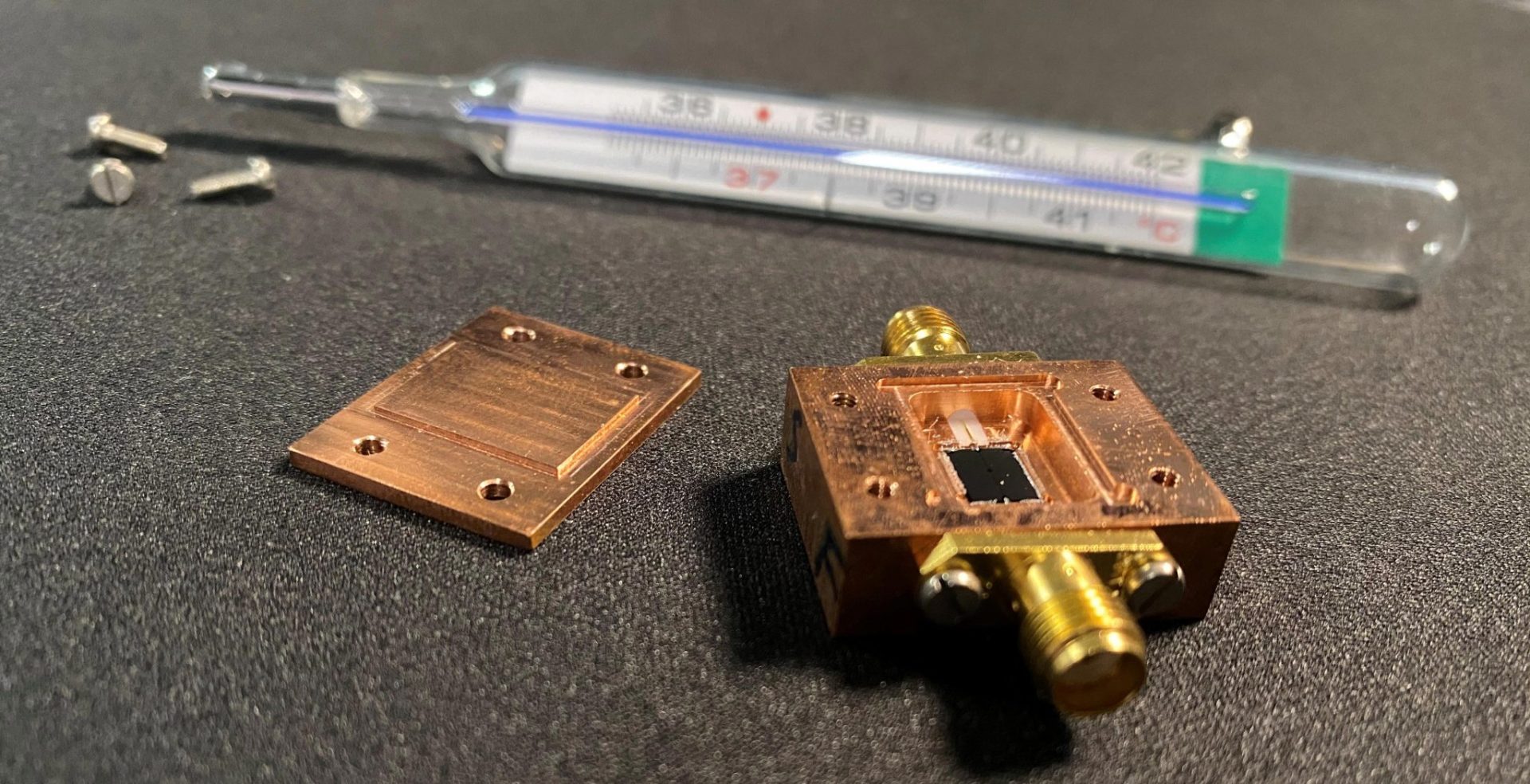Covestro, one of the world’s leading polymer companies, and QC Ware have announced the signing of a five-year collaboration agreement. The objective of the collaboration is to help prepare Covestro to fully deploy quantum algorithms for the discovery of new materials and catalysts on near-term quantum hardware.
The agreement is aligned with Covestro’s goal to enhance the company’s digital R&D processes to pave the way towards carbon neutrality by becoming fully circular. The collaboration combines Covestro’s expertise in classical computational chemistry and empirical manufacturing techniques, with QC Ware’s leading edge in both classical and quantum algorithms.
The agreement follows a year-long collaboration on a proof-of-concept project that explored the possibility of modeling large-scale molecules needed for industrial applications on a near-term quantum computers. The results of the project are outlined in two recently released papers:
- Local, Expressive, Quantum-Number-Preserving VQE Ansatze for Fermionic Systems | New J. Phys. 23 113010 (2021) | https://arxiv.org/abs/2104.05695
- Analytical Ground- and Excited-State Gradients for Molecular Electronic Structure Theory from Hybrid Quantum/Classical Methods | https://arxiv.org/abs/2110.05040
The first paper introduces new quantum techniques that significantly reduce quantum computing resources required to design new materials and chemical processes. These techniques reduce both circuit depth and connectivity requirements, which are critical components that will be used in production applications in conjunction with adequate quantum hardware.
The second paper introduces a novel method to calculate energy gradients on a quantum computer which is a crucial property that computational chemists in industry use for the simulation of chemical reactions, catalysts, products, transition states, and catalytic properties.




